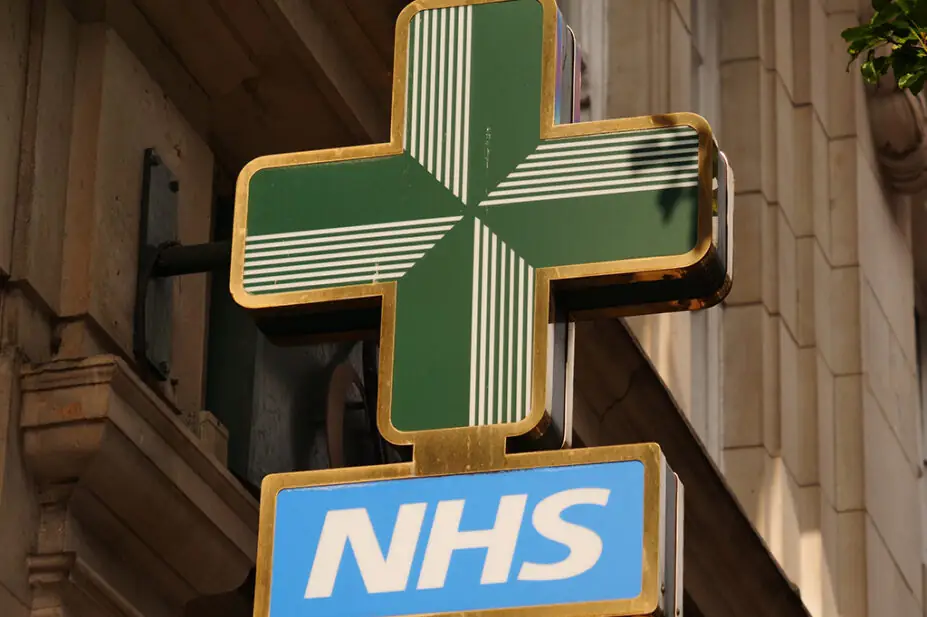
Shutterstock.com
Funding for new drugs benefits eligible patients but could risk displacing financial resources from other areas, resulting in population health trade-offs, according to study results published in The Lancet.
The authors of the study, published on 12 December 2024, analysed 339 National Institute for Health and Care Excellence (NICE) technology appraisals for new drugs between 2000 and 2020, and calculated the ‘net health effect’ of each appraisal.
They calculated the effect by estimating the gain in quality-adjusted life-years (QALYs) for those who received the drugs on the NHS, and then estimating the QALYs “that could hypothetically be obtained by reallocating the same funds to other NHS services or treatments,” the study said.
The authors found that the new drugs generated an estimated 3.8 million additional QALYs across 19.8 million patients. However, they added that the use of these drugs resulted in an estimated additional £75.1bn cost to the NHS.
“If the resources allocated to new drugs had been spent on existing services in the NHS, an estimated 5 million additional QALYs could have been generated during 2000–2020,” the paper said.
“Overall, the cumulative population-health impact of drugs recommended by NICE was negative, with a net loss of approximately 1.3 million QALYs.”
“The benefits derived from new drugs recommended by NICE were outweighed by the potential benefits that could have been generated from alternative uses of the resources allocated to these new drugs,” the authors concluded.
They also argued there should be changes to NICE’s evaluation framework so that the “inherent health trade-offs” involved in such decisions “align with societal views and preferences”, having noted that national surveys and qualitative studies have found no societal support for NICE’s prioritisation of patients with greater unmet needs.
A report, published by the Office of Health Economics in November 2024, suggested a disconnect between NICE and the public, finding that the way in which NICE assesses medicines may be blocking innovative treatments that the public would like to see benefit NHS patients.
Huseyin Naci, associate professor of health policy at the London School of Economics and Political Science and lead author of The Lancet paper, said: “New drugs can be a lifeline for patients who have significant unmet clinical needs. However, innovative drugs are expensive and their costs do not always justify the benefits they offer.
“After more than a decade of underinvestment in the NHS, it may no longer be justifiable to have a NICE threshold that doesn’t reflect the amount the NHS needs to spend to generate health. Lowering the threshold would allow the NHS to negotiate better prices for new medicines, taking into account not only the benefits to patients receiving these drugs but also the impact on other NHS users who may lose out due to resource reallocation.”
Amitava Banerjee, professor of clinical data science and honorary consultant cardiologist at the Institute of Health Informatics at University College London, described the study as a “rigorous, comprehensive analysis”.
“There has been an emphasis nationally on evaluating and funding new cancer (45% of the 339 new drug appraisals) and immunology (21%) treatments quickly. This research shows that, in these areas in particular, there is a substantial opportunity cost to the NHS,” Banerjee said, adding that “drug innovation and the evaluation of new drugs is not reflecting the population disease burden”.
“For example, of the 339 new drug appraisals, only 8% were on vascular disease, whereas ischaemic heart disease, stroke and other cardiovascular diseases were some of the highest-ranking causes of mortality and morbidity during the study period.
“We need to consider at system-level, how we encourage drug innovation in the areas where potential and likely population benefit reflects the population health need.”
A spokesperson for NICE said: “Spending money on new medicines does create an opportunity cost, displacing services elsewhere in the health system. That’s why NICE’s role is vital: we carefully evaluate new treatments and recommend only those that offer value for money for the taxpayer.
“This is especially important during times of significant challenge to the NHS. Every pound of the NHS budget can only be spent once.
“If NICE had not recommended these innovative new medicines, they almost certainly would have been used within the NHS anyway. Without NICE’s input, funding decisions would be taken locally, leading to inequitable patient access and potentially higher costs, because multiple local negotiations with pharmaceutical companies may not drive best value for the NHS.”


